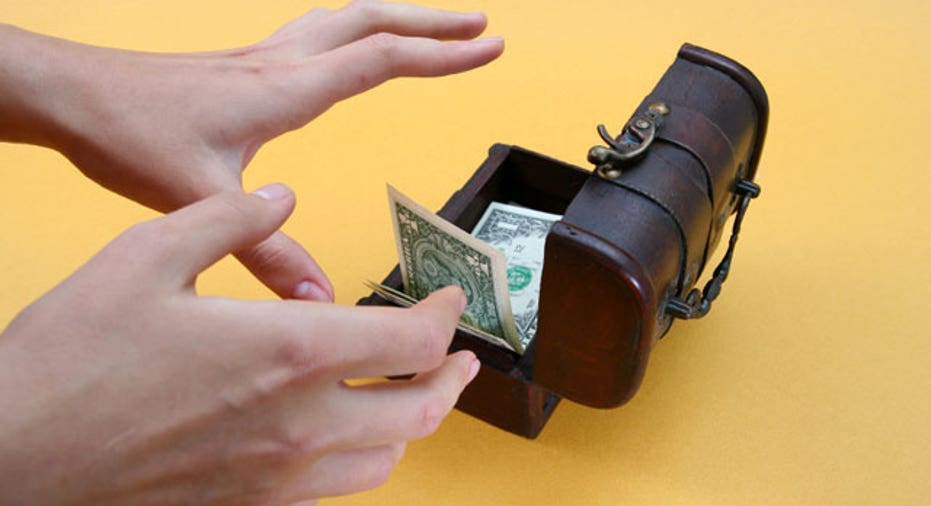Old Accounts in Good Standing Won't Hurt Your Credit Score

Dear Credit Care,
Over the past decade or so, I have spent 10 years in school, which I financed myself, and paid off many installment and revolving accounts. My school loans were consolidated into one. Still, my credit report shows almost 44 credit accounts on it, when I actually have only 10. I am never late on anything. Apparently, my credit score is figured (negatively, it seems) on how many accounts, paid or otherwise, show up on my credit report. May I ask for paid-off accounts, in good standing, to be dropped from my credit report?
- Karen
Dear Karen,
Paid accounts in good standing on your credit reports will not negatively affect your credit score. Typically, negative account information must be removed from your credit report seven years from the date of the first delinquency. (Bankruptcies can stay for 10 years, but that doesn't sound like it's an issue for you.) So, if you have any negative accounts, which it sounds like you may not, check to see if the reporting time frame has elapsed. If an item is past the reporting time frame, you can dispute the item and the credit bureau will have to remove it.
Another thing to keep in mind is that transferring or consolidating debt does not remove the original accounts from your credit report. The accounts from which you transferred or consolidated would be reported as paid-in-full and would still appear on your report.
To help determine why your credit score is lower than you would like, let's take a look at the components FICO and VantageScore use in calculating credit scores from the information contained on your credit reports.
When you order a credit score, or receive a credit score from FICO or VantageScore, you should also receive specific recommendations for improving your score. Based on the limited information in your letter, I would say the category that may be bringing down your credit score is the "amounts owed" (FICO) or "percentage of credit limit use" (VantageScore) category. The more you owe on your open accounts, both revolving (credit card) and installment (student loans, auto and mortgage), the more points will be deducted for this category.
You will likely need time to pay down what you owe on your student loans and other installment accounts, but you may be able to improve your credit score by paying down some of your credit card balances. Your goal for your credit card accounts is to owe less than 30% of your credit limit.
You don't say what your credit score currently is, but FICO scores range from 300 to 850 and VantageScores range from 501 to 990. For the most part, lenders are going to utilize credit scores more, whereas others (landlords, employers, insurance companies) that make decisions based on your creditworthiness will view your credit reports. So, if your accounts are in good standing and you don't have any negative items such as judgments, bankruptcies, collection accounts, etc., on your credit reports, your lower-than-you-would-like current credit score should not negatively affect you unless you are seeking new credit.
Keep paying all your accounts on time and as agreed and your credit score should improve as your balances drop.
Handle your credit with care!



















